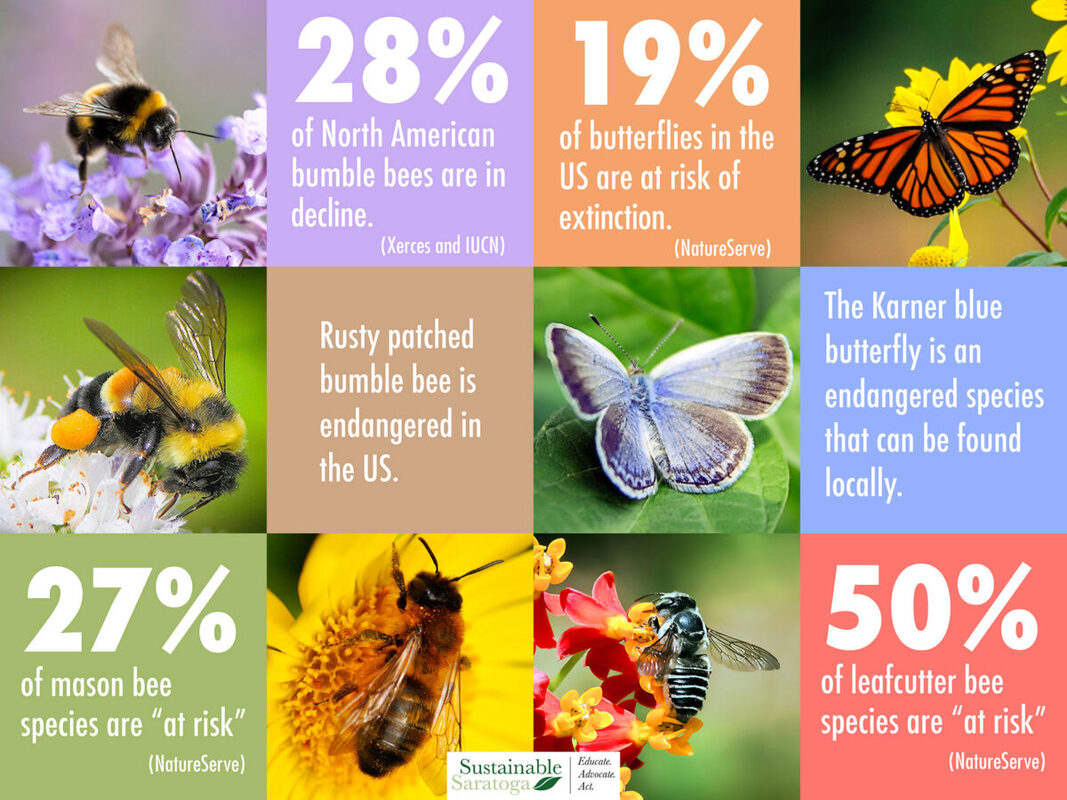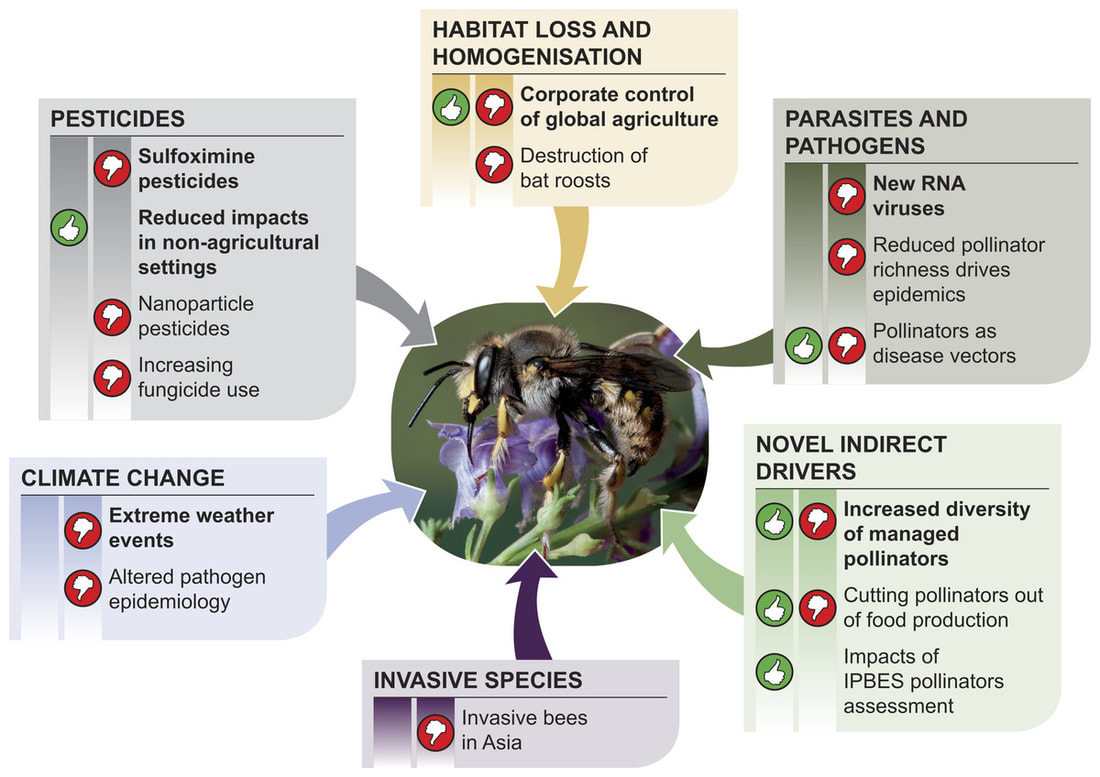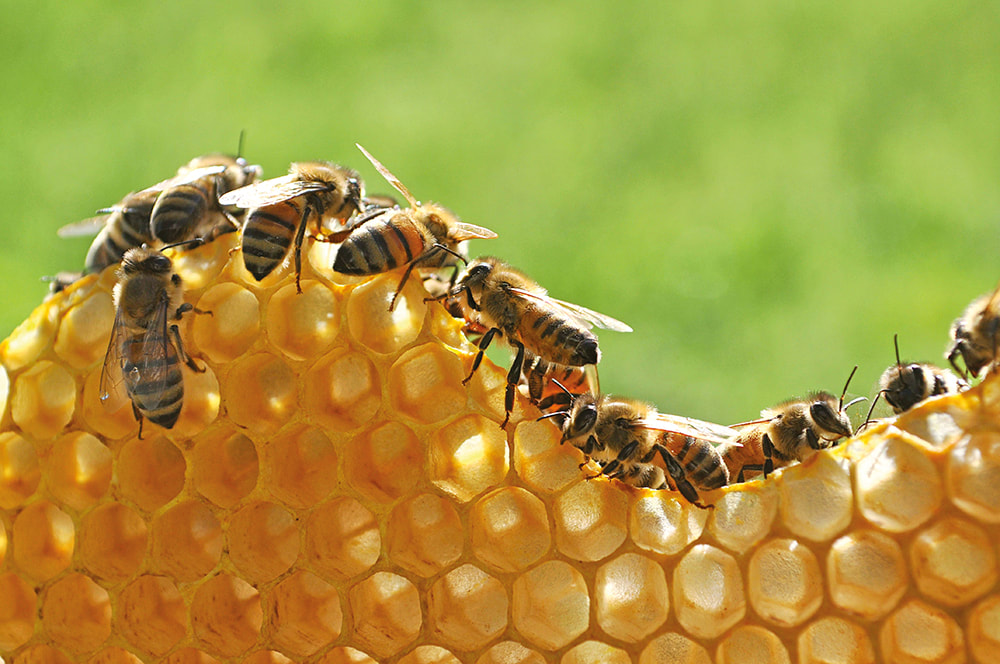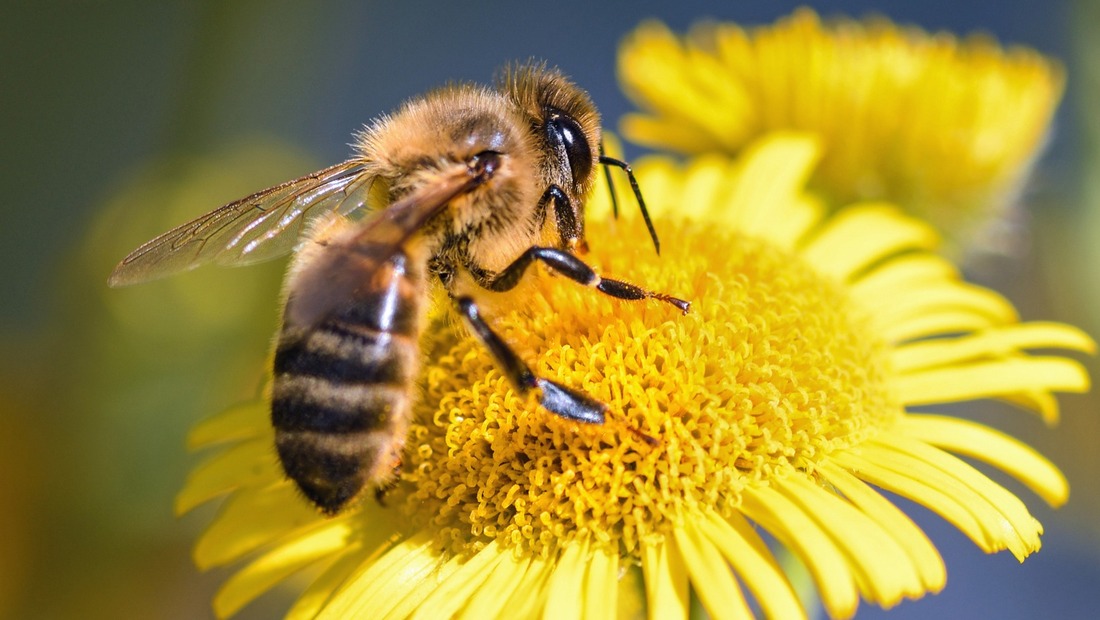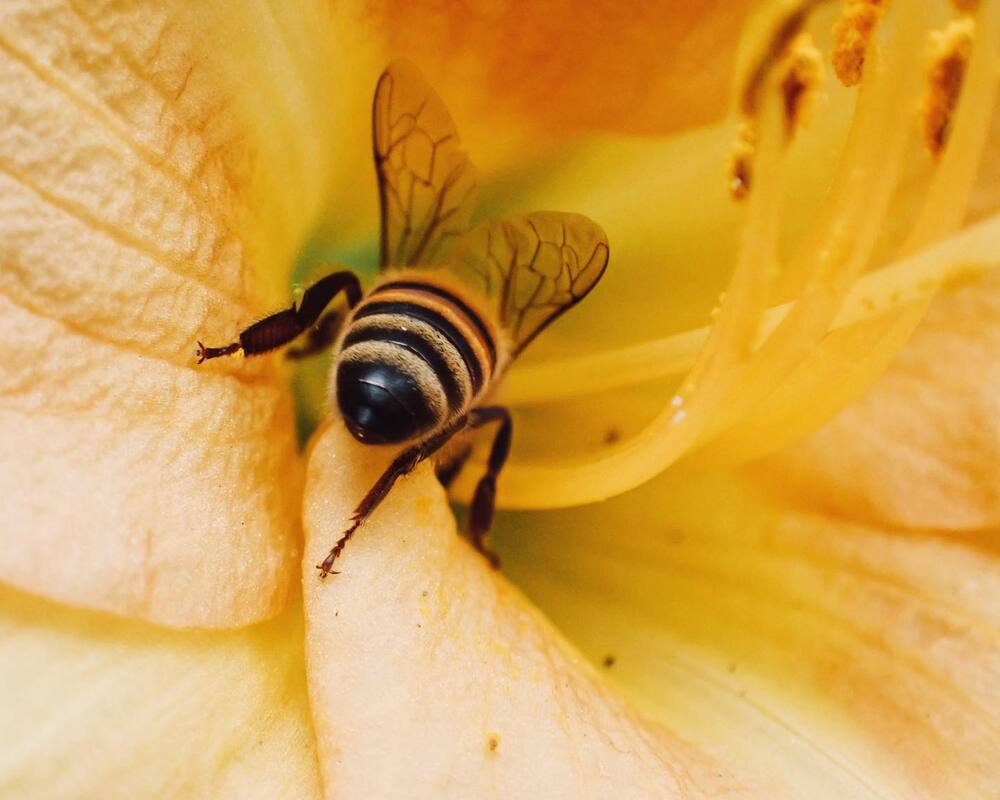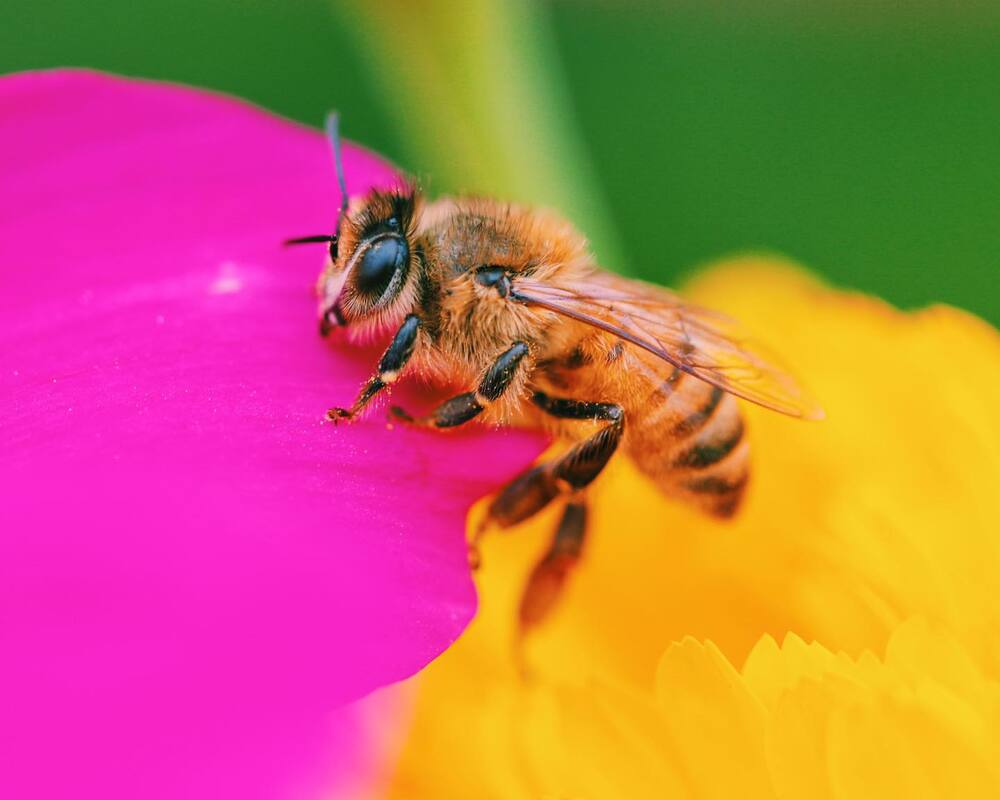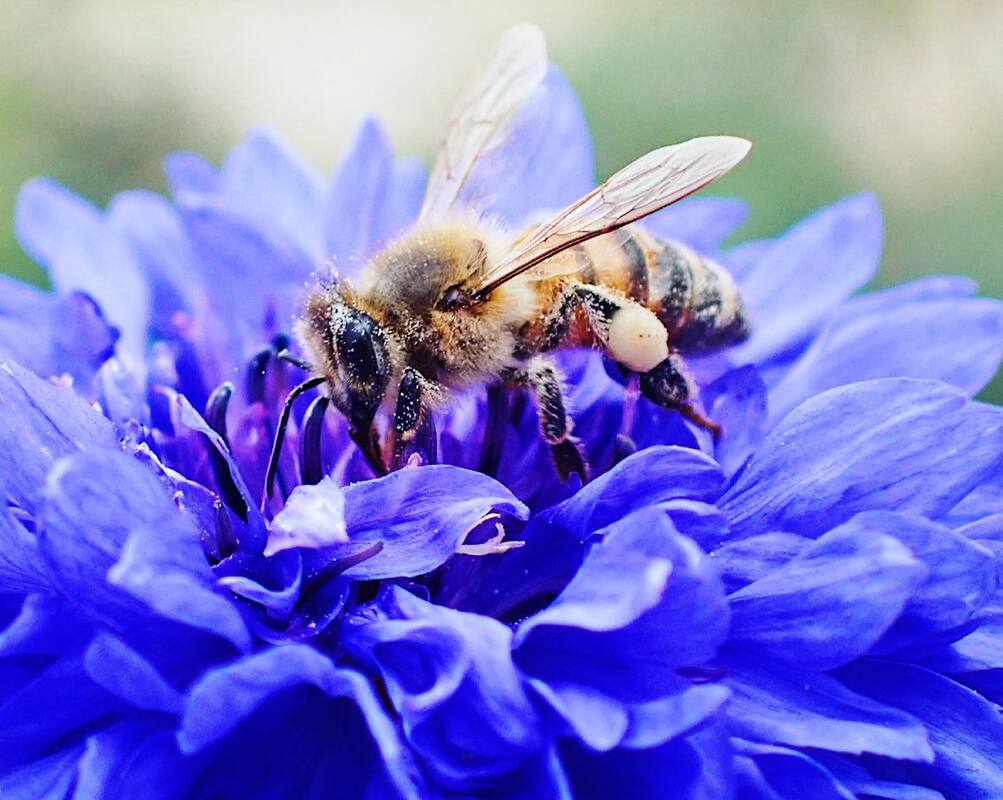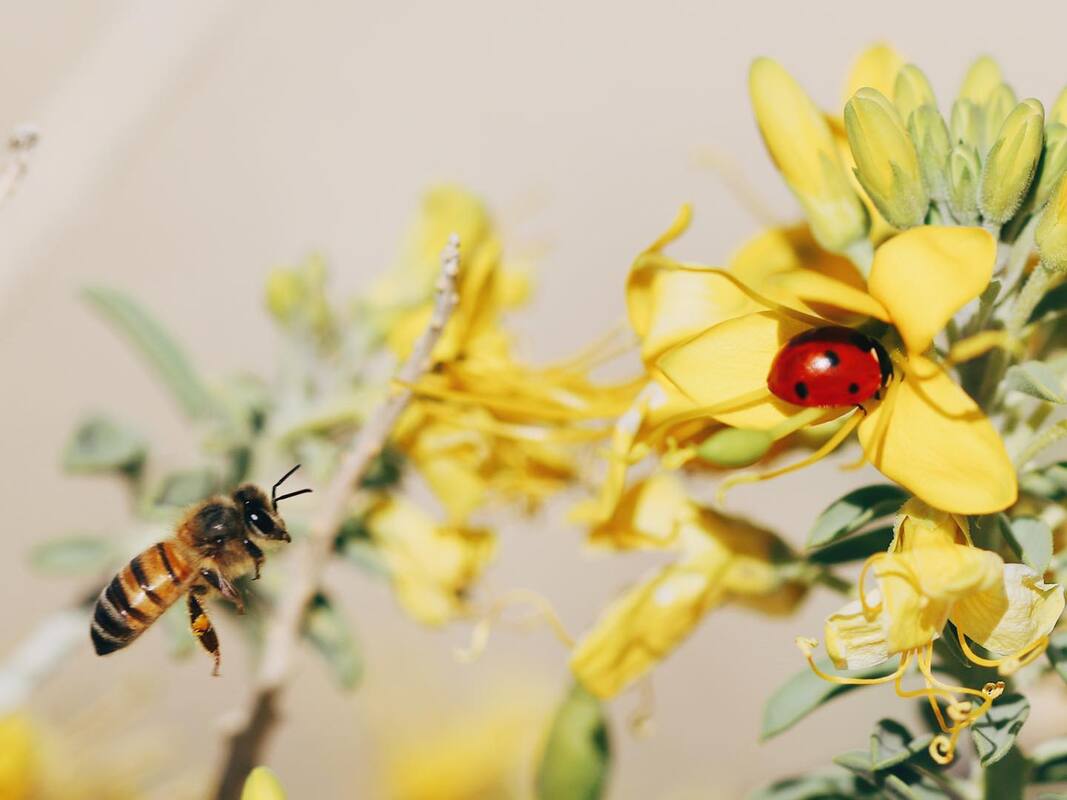13.09.2024
Global Food Production Is Limited by Lack of Pollinators
An international research team led by Rutgers University has analyzed the crop yields of more than 1,500 agricultural lands on six continents, and found that a lack of pollinators is limiting the global production of important, nutrient-dense foods like fruits, nuts, vegetables and legumes. Insect declines mean reduced yields of healthy foods like fruit and vegetables and increased disease in people. The global loss of pollinators is already causing about 600,000 early deaths a year by reducing the supply of healthy foods, a study has estimated. Three-quarters of crops require pollination but the populations of many insects are in sharp decline. The inadequate pollination that results has caused a 3%-5% loss of fruit, vegetable and nut production, the research found. The lower consumption of these foods means about 1% of all deaths can now be attributed to pollinator loss, the scientists said. When flowers are pollinated, pollen is transferred from the male to the female parts of the flower, which fertilizes the plant, allowing it to produce seeds and fruits, as well as young plants. Pollen can also be moved by water, wind or pollinators like wild bees, honey bees, other insects and animals like bats, small mammals, hummingbirds and other bird species. Because bees visit more flowers and transport more pollen than others, they are widely regarded as the most effective pollinators. Many pollinator populations are threatened by habitat degradation and fragmentation. Pollution, pesticides, pests, pathogens, and changes in land use, and climate change have all been associated with shrinking and shifting pollinator populations, particularly insect pollinators. Credit: KidsMath TV
Poverty deprives people of adequate education, health care and of life's most basic necessities- safe living conditions (including clean air and clean drinking water) and an adequate food supply. The developed (industrialized) countries today account for roughly 20 percent of the world's population but control about 80 percent of the world's wealth.
Poverty and pollution seem to operate in a vicious cycle that, so far, has been hard to break. Even in the developed nations, the gap between the rich and the poor is evident in their respective social and environmental conditions.
Poverty and pollution seem to operate in a vicious cycle that, so far, has been hard to break. Even in the developed nations, the gap between the rich and the poor is evident in their respective social and environmental conditions.





